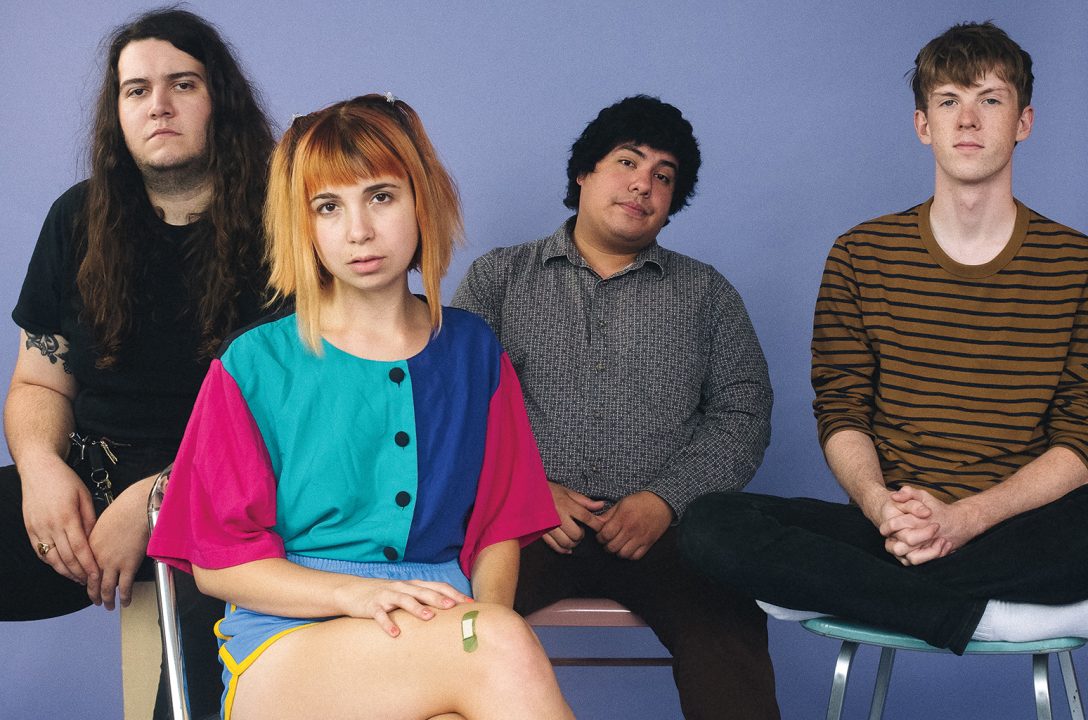The Rooted Collective of Baltimore organized a healing ritual at the Roger B. Taney monument in Mount Vernon on September 21. According to their mission statement, “The Rooted Collective is a liberatory gathering of Black LGBTQ people to define, dream, and expand on the ways in which we heal from oppression and practice joy and pleasure. We root our work in the knowledge that healing for all Black people is political resistance.” The purpose of the ceremony was to acknowledge and send appreciation to black ancestors who were enslaved and existed outside of the cis-heteronormative narrative.
The ceremony began as the sun set over where the Roger B. Taney monument once stood at the North Garden in Mount Vernon Place. The statue was removed on August 18 of this year due to controversy over confederate memorials. Taney is responsible for delivering the majority opinion in the Dred Scott case, which declared that black people could not be citizens.
Before the healing ritual commenced, participants heard spoken word poetry by local artists. One of these artists, Jamie Alexander, a seasoned performer in Baltimore, said, “I think I was specifically asked to perform poems about black sexual agency, self-determination, and healing and I was like ‘Wow, that’s exactly what I do!'”
One of Alexander’s pieces, titled Frank Acona was written after the death of a KKK member. “I imagine his pale body–/ The color of my mothers foot/ after a long night/ in hot water.”
After the performances, participants of African descent were asked to engage in a healing ritual, which involved blessing the ground around where the monument once stood. Incense and candles set the atmosphere as one of serenity and cleansing.
The ceremony was completed with a call and response: “Every time I say your name … it is a prayer.”
I caught up with Alexander after the healing ritual, while a member of the Rooted Collective cleansed us with a burning bundle of sage. About the monument, she said “I think that the monument just being a space that’s like specifically cultivated for black spirituality is so vividly important … like the fact that I get to be black and I get to worship a black god is exciting because that’s not something that’s always been the case.”
